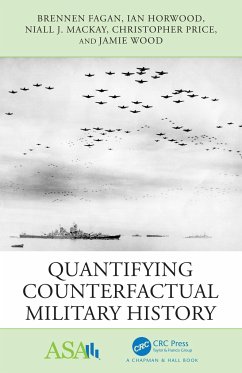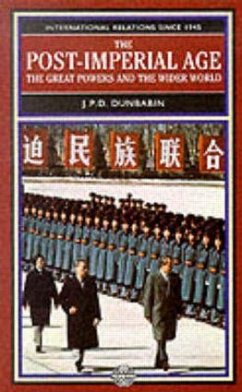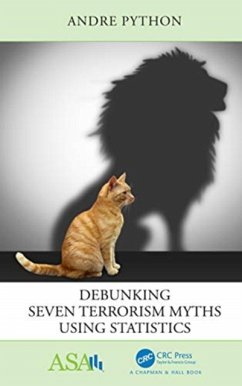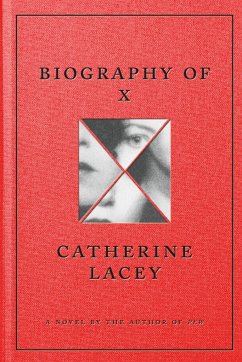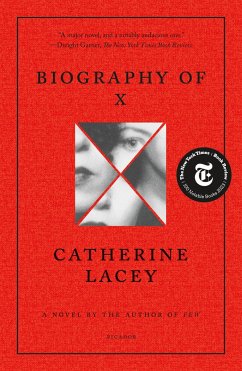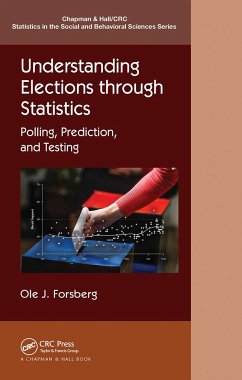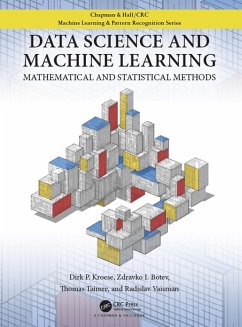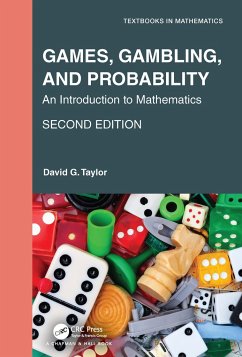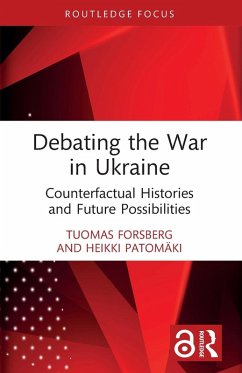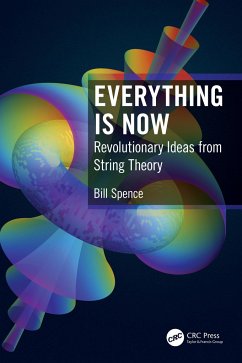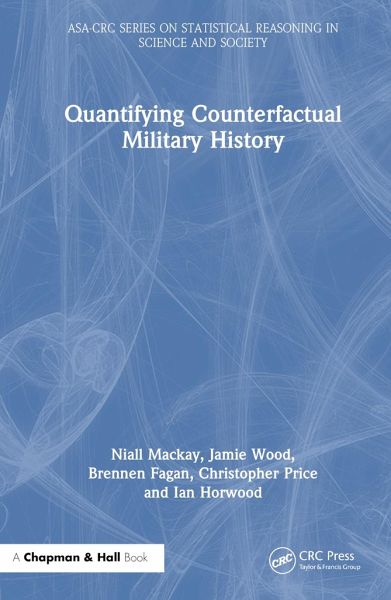
Quantifying Counterfactual Military History
Versandkostenfrei!
Versandfertig in 1-2 Wochen
93,99 €
inkl. MwSt.
Weitere Ausgaben:

PAYBACK Punkte
47 °P sammeln!
Forces shaping human history are complex, but the course of history is undeniably changed on many occasions by conscious acts. These may be premeditated or responsive, calmly calculated or performed under great pressure. How can we distinguish probable unrealized alternatives from improbable ones?




